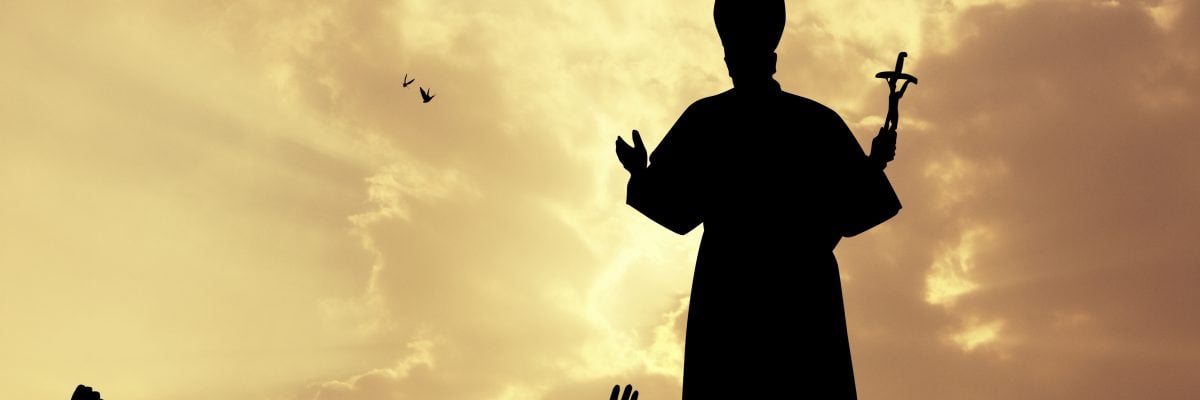
Question:
Answer:
This view espousing sedevacantism is historically untenable, at the least because it was held by no one at the October 1958 conclave, including Cardinal Siri of Genoa, Italy, despite the claims of modern sedevacantists.
Had he been validly elected pope, Siri would not have been bound by the oath that normally binds cardinal electors from discussing a papal election, except when a validly elected pope releases them from it. (The Church requires electors to take the vow of secrecy so that an existing conclave—and possibly a future one—cannot be adversely impacted by outside forces, whether political, financial, and the like.)
Instead, Siri accepted the authority of all popes in his lifetime. Pope John XXIII appointed him president of the Italian Episcopal Conference in 1959, and Siri remained in that position under Pope St. Paul VI until 1964. He also accepted and signed the documents of the Second Vatican Council (1962-1965), a council that sedevacantists do not accept as a valid ecumenical council. Siri also participated in the papal conclave of 1963 and the two conclaves of 1978, actions further inconsistent with one who believed that he was the validly elected pope all along.
Also, this theory only developed many years later, that is, in the 1980s, in an apparent attempt to make sense of problems in the post-conciliar Church. (Siri died in May 1989.)
Sedevacantists also face a real problem in resolving who would be the new and validly elected pope and how he would be elected, given that Church law for more than eight hundred years has affirmed the college of cardinals election system, and yet all of the cardinals validly appointed by Ven. Pope Pius XII, who died in October 1958, are long dead.
In addition, there are more recent sedevacantists who think that Pope Benedict XVI never validly resigned his office (Joe Heschmeyer, “Was Benedict XVI the True Pope the Whole Time?”). But how do they propose we get a new pope when the majority of cardinal electors have been named by a pope whom they consider an antipope, that is, Pope Francis?
Further, who gets to definitively decide that a previous pope was an antipope, oversee an updated process to fill the sedevacantist void, and, finally, certify that the subsequent conclave has produced a validly elected pope? No sedevacantist, clerical or lay, has the ecclesiastical standing to make those decisions.
Finally, if what they say is true, then the gates of hell have indeed prevailed against the Church, contrary to what Jesus said in Matthew 16:18–20, because only these relative few—with their secret/gnostic knowledge—have “discovered” the truth, and only a good number of years later after the 1958 conclave when this supposedly happened, or more recently in the case of Benedict XVI. As a result, they inevitably—whether wittingly or unwittingly—impugn the Providence of God in doing what he said regarding the sustenance of his Catholic Church.



